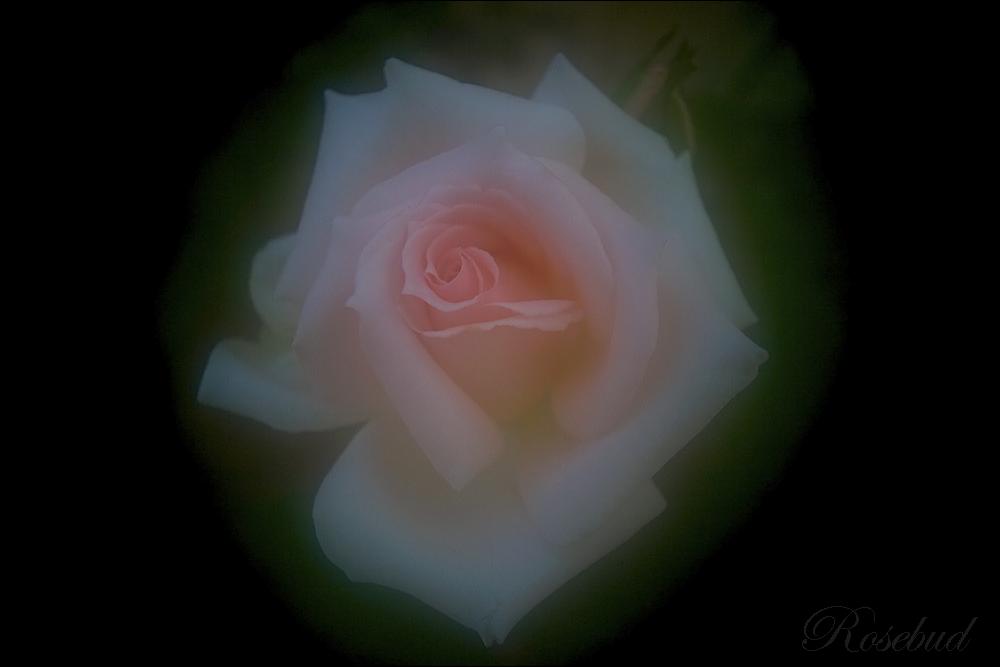Saturday, June 27
Sunday, June 21
nova stella
A poet of Shakespeare's time was apt to say that his love for his beloved was not "sublunar." He meant that his affection was like the stars–constant and unchanging. According to the philosophy that prevailed in Shakespeare's time, change occurred only below the Moon, in our terrestrial world of jumbled elements and inconstant emotions. By contrast, the celestial realm above the Moon, like the poet's love, was fixed and eternal. Or so people believed. And then, to the consternation of poets and philosophers, in the autumn of 1572 a new star blazed in the constellation Cassiopeia. The star was well placed for viewing, high overhead in the evening sky. It was brighter than any other star, bright enough to be seen in broad daylight. All Europe was agog. But was this new star really above the Moon, in which case philosophers were wrong and the heavens do change?
. . . On the evening of November 11, 1572, Tycho was walking home to supper when he happened to glance up at the stars above his head. He saw the new star at once, the nova stella. Afraid to believe his own eyes, he asked his servants and neighbors to look into the sky and describe what they saw. They confirmed his observation. The star was real. Tycho was a talented astronomer, and he had recently built a fine new instrument (not a telescope; that device was still a few decades away) for determining the positions of stars. Carefully, he measured the angular separation of the new star from the stars of Cassiopeia. He continued these observations at different times of the night and throughout the winter as the star slowly faded. He also collected measured positions of the new star from other European observers. He was trying to determine the star's parallax, the apparent change in the position of an object when viewed from two different places . . . The object in Cassiopeia did not shift at all against the background stars when viewed from different places. From these observations Tycho knew that the new star was in the highest heavens, far beyond the Moon. The philosophers were wrong; the heavens do change.
-- Chet Raymo An Intimate Look at the Night Sky
Tycho Brahe (a father of modern astronomy)
Posted by
rb
at
6/21/2009
![]()
Wednesday, June 3
to carve
As he walked down a street in Baltimore, Oliver passed the shop of a stonemason. There was a little yard around the shop powdered with stonedust. In the yard were scattered pieces of stone, blocks of grey Vermont granite, Georgia marble, and several bases of sandstone. There was also a monument from Carrarra in Italy: it was of a marble angel, with bright carved wings. The angel held a lily delicately upwards between its cold elegant fingers.
Oliver walked on, returned, and peered through the dirty windows of the little shop. Within he saw smooth marble slabs of death, a stone lamb couchant on a granite marker, a cherub volant on a plump foot, a scrollwork, and two joined armless hands. He also saw two more angels with simpering marble faces, and furled wings.
A bearded brawny man wearing a work apron was standing in the yard above a wooden trestle. He held a great wooden mallet and a chisel in his hands and he was chipping with tense craft at a design that had been penciled upon the surface of a marble slab.
As Oliver looked at the man and the big angel with its carved stipe of lilystalk, a cold and nameless excitement possessed him. The long fingers of his big hands curled. He felt that he wanted to carve delicately with a chisel more than anything in the world. He wanted to wreak something dark and unspeakable in him into cold stone. He wanted to carve an angel's head.
Oliver entered the yard and asked the man for a job. The man put down his mallet and looked at him.
"Son," he said kindly, "it is hard work and I can not pay you much while you learn."
"I don't care," said Oliver. "I want to learn the business."
He became the stonecutter's apprentice. He worked in that dusty yard for five years. He became a stonecutter. When his apprenticeship was over, he had become a man.
-- Thomas Wolfe O Lost
Posted by
rb
at
6/03/2009
![]()


